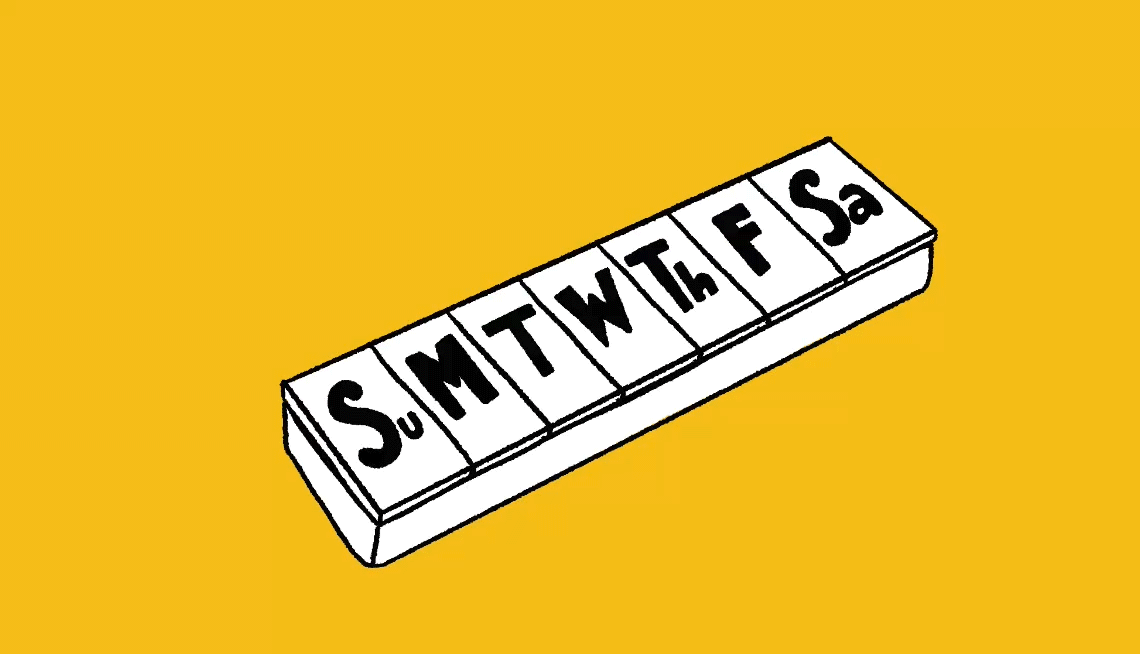
- Select a language for the TTS:
- UK English Female
- UK English Male
- US English Female
- US English Male
- Australian Female
- Australian Male
- Language selected: (auto detect) - EN
Play all audios:
Since the creation of the National Assembly for Wales in 1999, no Welsh government has faced a challenge like Covid-19. What’s more, no other issue has established the realities of
devolution more clearly in the public mind, either in Wales or the UK as a whole. On Monday, Mark Drakeford, the First Minister, announced a 17-day “firebreak”, starting this Friday. It
hardly came as a shock. The Welsh Government has been consulting on this in recent days and clear indications were given to the public that a “firebreak” lockdown was imminent. Organisations
as disparate as the CBI and the teaching unions have welcomed the government’s level of engagement. This is in sharp contrast to the stand-off between the Johnson government and local
politicians elsewhere in England, particularly in the North-West. The strictures are similar to the full lockdown that occurred back in March. People are to stay at home and work from there
if possible. We are not allowed to meet people from other households either indoors or out, and all non-essential shops will be shut. However, primary school children and those in years
seven and eight will return to school after the half-term break and nurseries will stay open. Adults who liv e alone and single parents will be able to join with one other household
from anywhere in Wales. A new £300 million support fund for business is being opened. All small businesses getting the small business rate relief will receive a £1,000 payment. One-off
payme nts of up to £5,000 will be paid to small businesses that have to close. Professional sport will continue . Services to mark Remembrance Sunday, which falls during the lockdown
period, will be permitted. Mark Drakeford said it was especially appropriate now to remember the sacrifices made by others. He also made it clear that the lockdown period would be used
“purposefully” to recruit more contact-tracers and to press ahead with current contact tracing work. Over the weekend, the Welsh Government revealed that Welsh contact tracers had reached 85
per cent of all cases and 89 per cent of contacts of cases. The Welsh system is run jointly by local authorities, local health boards and Public Health Wales. It’s a complete contrast to
the centralised English system, which has combined public health resources and outsourced — hugely expensive — private sector operations. The biggest problem the Welsh system has suffered is
the delay in processing tests through the UK Government’s Lighthouse Labs. Devolution is making a real difference. BBC Wales figures showed that more people in Wales (525,000) tuned in to
the broadcast from the First Minister (525,000) than watched the appearance by the Prime Minister (482,000). The most recent opinion polling shows clear public support for the stance taken
by the Welsh Government, while at the same time there has been a substantial decline in Boris Johnson’s popularity in Wales since April. The First Minister has a plus-35 per cent rating for
his Government’s handling of the pandemic: the Prime Minister has a minus-22 per cent rating. As Professor Roger Awan-Scully of the Wales Governance Centre has written, “There have been
precious few positives to come out of the Covid-19 crisis, but for Welsh Labour it has at least provided a means for Mark Drakeford to become much better known with the Welsh public.” Last
week, the Leader of the House, Jacob Rees-Mogg, derided the Welsh Government’s decision to restrict movements into Wales from Covid hotspots elsewhere in the UK, saying, “that’s what you get
when you vote for socialists”. With a successful contact-tracing programme, consistent public support, and a carefully-reasoned approach clearly delivered, the Welsh Government will be
heading into next year’s Senedd elections with some optimism. Jacob Rees-Mogg’s words may well appear on a few campaign posters — and not in the way he intended.









